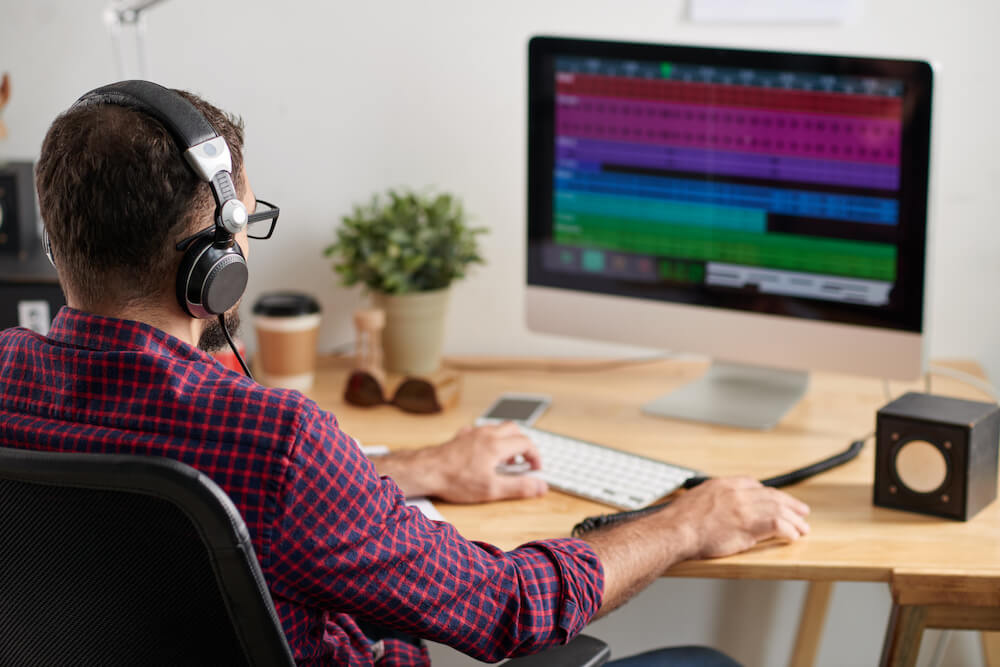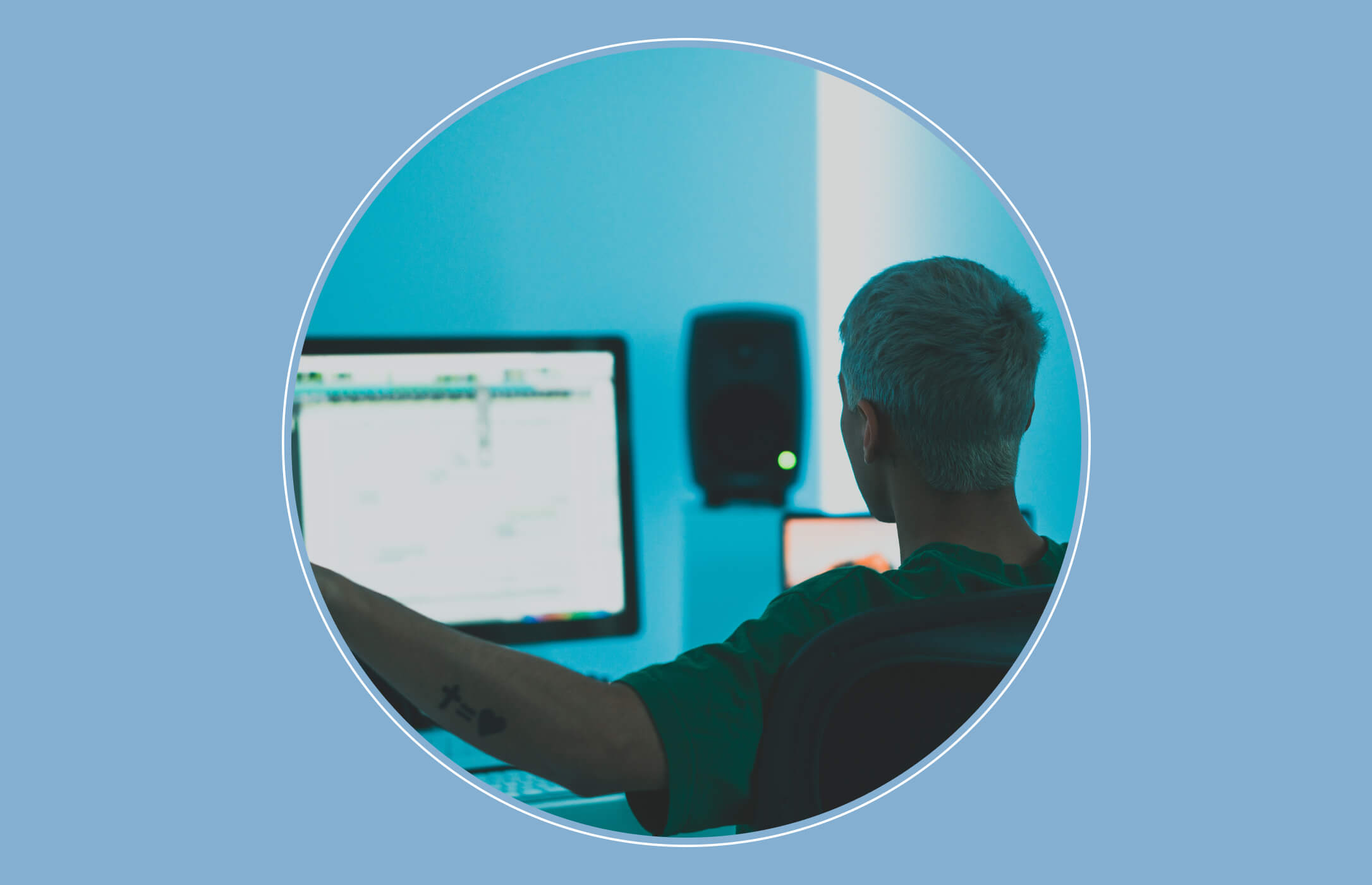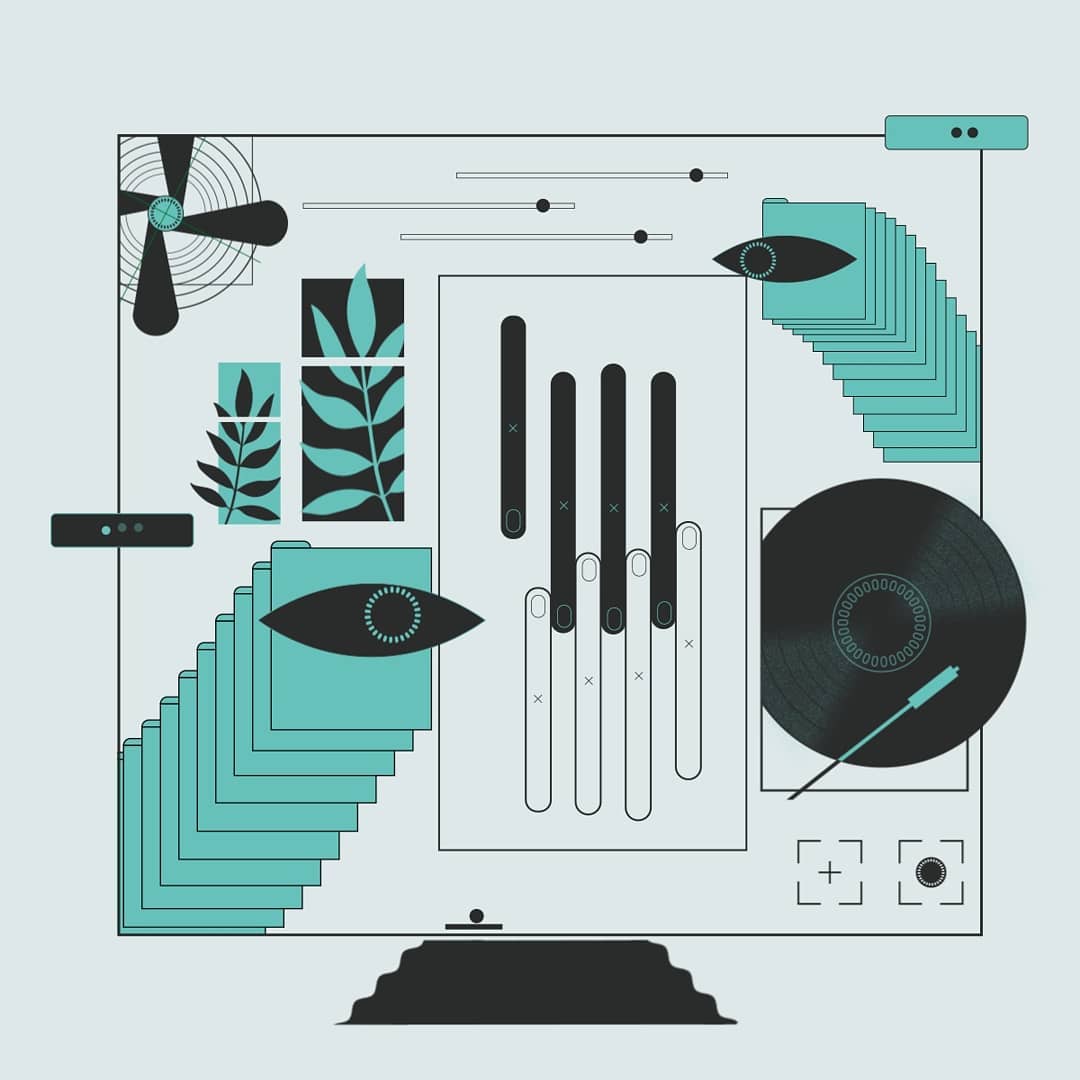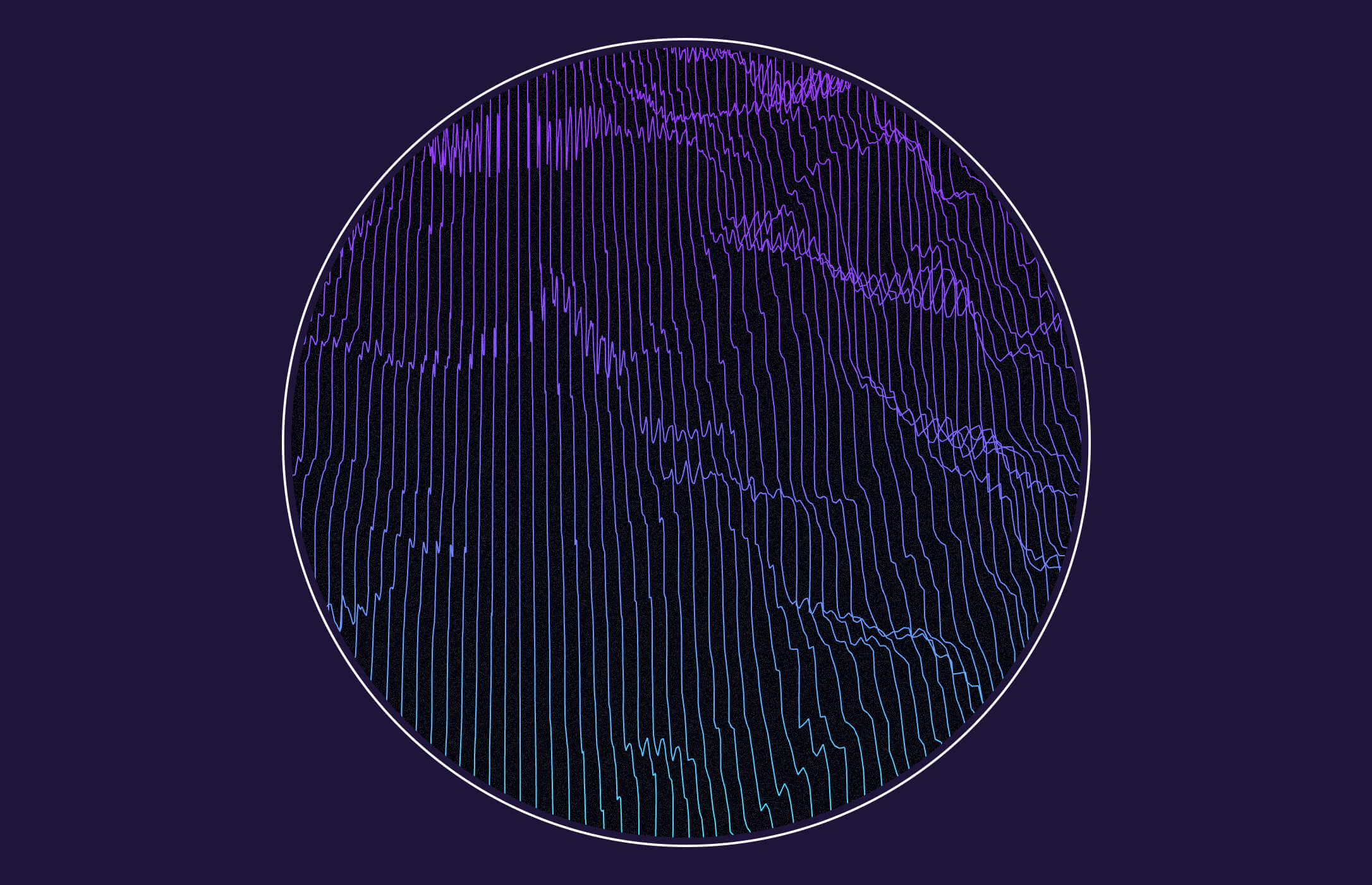Good Artists Borrow Great Artists Steal
Over the last 4 years of producing music full-time, I’ve spent a lot of time in front of my DAW, and have learnt a lot of tips that help me get better results time after time. While most articles like this tend to focus on the more technical aspects of production, I thought I would share some creative tips and tricks that I’ve implemented into my creative workflow. Good artists borrow great artists steal. Here’s why:
Less is More
When you’re working on beats it can be easy to fall into the trap of adding another melody, another chord progression, another section etc. While it’s great to explore all the ideas you have, if there’s too much happening at once, it can confuse the listener as to what they should be listening to in a particular section.

It’s good to every now and then go through all the sounds you have in your project, and cull sounds that aren’t contributing much to the overall beat. This is particularly important if you’re making beats to send out to artists / rappers. A beat that is too complex will leave the artist with no space to write melodies over it.
Related Article: It’s all about the chain
Steal Ideas
Pablo Picasso once said “good artists borrow, great artists steal”. I’m not saying to rip off existing songs or beats because that is blatant plagiarism, but if there’s a particular song that you really like and want to reference, try ‘stealing’ just the drum pattern, or the chord progression, and then building something original around it.
Music is derivative by nature so there’s no shame in selectively stealing ideas that you like, as long as you balance it out with your own original ideas.
Stop Compressing Everything
I love compression – don’t get me wrong. But it can become a problem when you’re putting a compressor on everything by default because it sounds ‘bigger and better’. There’s also a tendency to compress sounds to get them louder in the mix, when in truth you should just reach for the volume fader.
This is true especially for drums and 808’s – over time I’ve learnt that most time drums and bass knock harder when you choose good samples from the get go and not compress them unless it’s a creative decision.
Zoom Out
We’ve all been there – EQ’ing a particular FX sound until it sounds right, or trying to find the perfect kick sample. The finer detail work is extremely important, but it should come at a later stage in the creative process once you have an idea of what the beat as a whole looks like.
Whenever you find yourself losing perspective because you’re focused on a small detail, try zooming out and hearing it in the context of the rest of the song – chances are that you’ll hear it in a different light.
Save As
When we’re working on beats, we are actually working towards getting into a flow state, where the creative process feels like second nature and the ideas keep coming. Being in a flow state is one of the best parts of music production, you feel at one with the music and everything else falls into the background.
However, sometimes in this state we can overdevelop ideas and before we realise, the song has lost that magic that it had earlier in the creative process. It’s always a good idea to ‘Save As’ the first moment you feel like there’s something special about what you’re working on, so you can come back to it later if you need to.
Once you start implementing these tips into your creative workflow I’m confident you’ll start seeing the results reflected in your work. And since these tips are broader creative concepts, they can also apply to other things such as mixing or mastering. On a side note, if you enjoyed this article please follow me on Twitch and Instagram to keep updated. I’ll be streaming live beat production and sharing tips and trick each week. I’ve also just released a royalty-free sample pack that you can check out here.”
Written By Taka Perry
Image by: Ioana Ng



